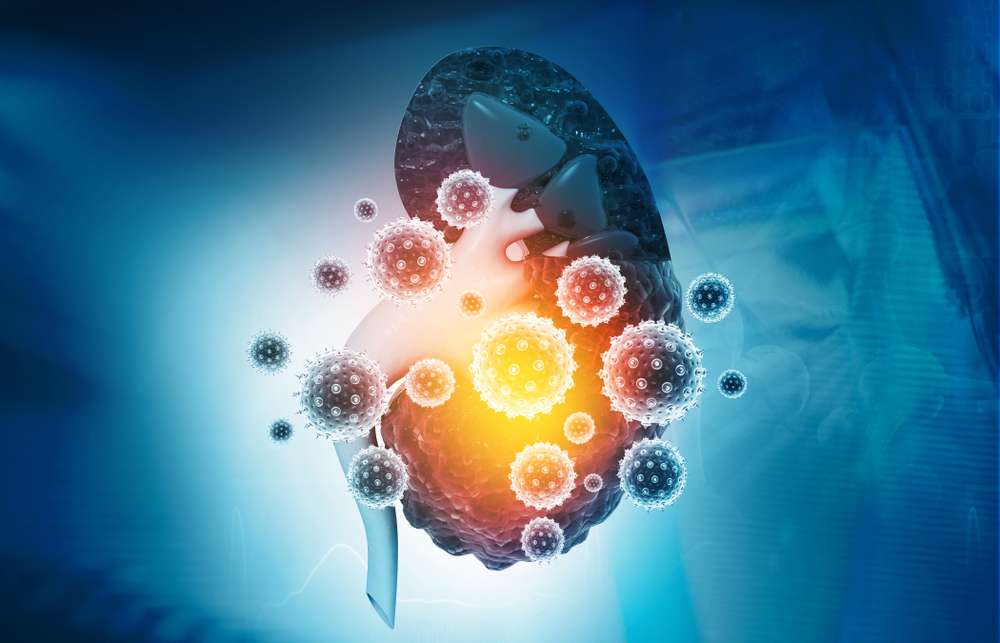
Understanding Acute Kidney Injury in Critically Ill Patients
Acute kidney injury (AKI) is a sudden decrease in kidney function that can lead to fluid, electrolyte, and acid-base imbalances. It is a common complication of severe illness, which significantly increases morbidity and mortality rates in critically ill patients. This article provides an overview of the pathophysiology and causes of AKI, as well as its associated complications and diagnostic signs. The authors focus on common causes such as sepsis, liver failure, and cardiac failure, and also discuss patient management in the critical care setting. Haemodynamic support and continuous renal replacement therapy are important components of AKI management. Understanding AKI is crucial for effective patient care in critical care units.
To know more: About the original article click here.
